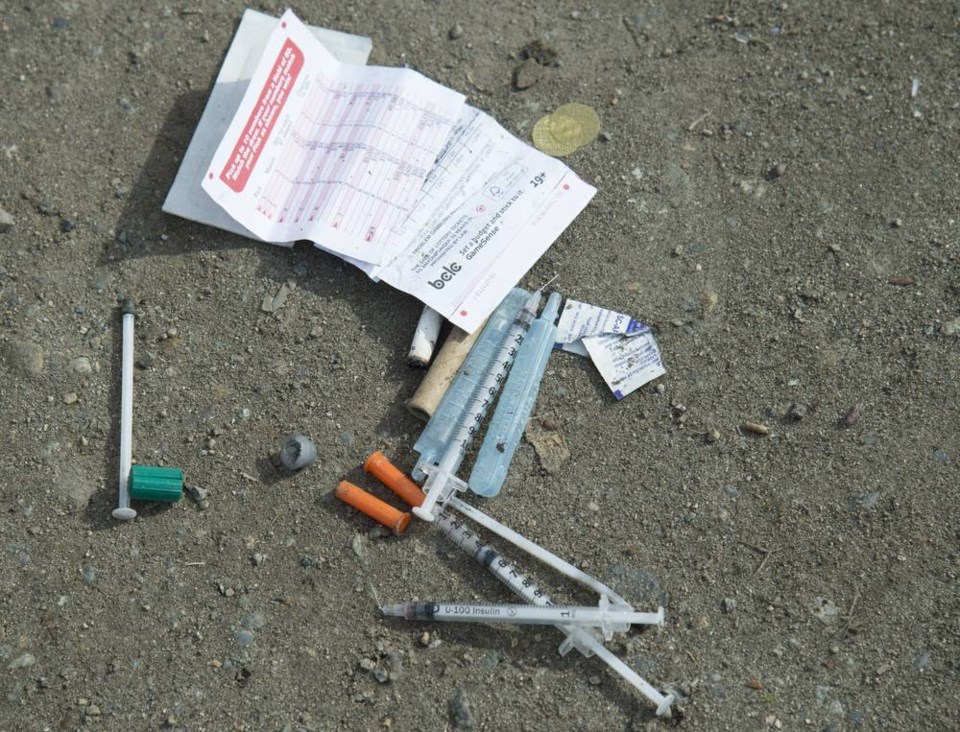A Victoria pilot project providing pharmaceutical drugs to people at risk of dying from a toxic drug supply has received $4 million in federal funding to expand.
Mental Health and Addictions Minister Sheila Malcolmson joined Dr. Patricia Daly, chief medical health officer for Vancouver Coastal Health, and MP Hedy Fry to announce the funding on Monday. Three Vancouver projects are also getting funding.
They said more people are using drugs alone without anyone to help them if they overdose, which is an unforeseen consequence of the COVID-19 pandemic, while locally produced substances with extreme concentrations of fentanyl have replaced drugs that are not available due to border closures.
Malcolmson said 23,000 people are getting substitute prescription medication, a 395 per cent increase since March, as registered nurses and registered psychiatric nurses are trained to provide legal alternatives as part of an order last September by provincial health officer Dr. Bonnie Henry.
“The fact that we still have people dying of overdose is absolutely an indication that we still have work to do, but British Columbia’s leading the way in the country,” she said.
The coroners service has not yet released data on the number of overdose deaths in 2020, but the number of annual deaths is expected to exceed the previous provincial record of 1,549 fatalities in 2018.
The funding will allow AVI Health and Community Services to support more people at risk and continue the project for three more years. Funding for the project, which started in September, was set to expire in March.
AVI is currently supporting 89 people, the vast majority of whom are men who are homeless and living in encampments, said Heather Hobbs, project manager for the Victoria Safer Initiative.
The outreach team has connected those people with doctors who can prescribe pharmaceutical alternatives to the toxic supply available on the street. They’re primarily prescribing hydromorphone, which doesn’t always meet the needs of people with a particularly high tolerance for opioids, as well as oxycodone and stimulants, Hobbs said. She’s hoping the project can expand to provide pharmaceutical-grade heroin and powdered fentanyl.
The team also ensures people receive their medication by offering deliveries for people facing barriers getting to a pharmacy.
Hobbs said they have heard from those receiving safer drugs through the project that they’re feeling improvements in their mental health, sleep and mood, and have reduced cravings, withdrawal symptoms and other health complications.
“We’ve had people say that they’ve been able to stabilize more so that they can connect with loved ones. And we’ve had people telling us that they’ve been able to reduce their reliance on street drugs,” Hobbs said.
The initiative also connects people with primary care providers to get the health and social supports they need.
Hobbs said the team is aware of many others who would like to access a safer supply, and AVI is in the process of assessing how to expand the project and reach more people.
— With a file from Camille Bains, The Canadian Press



